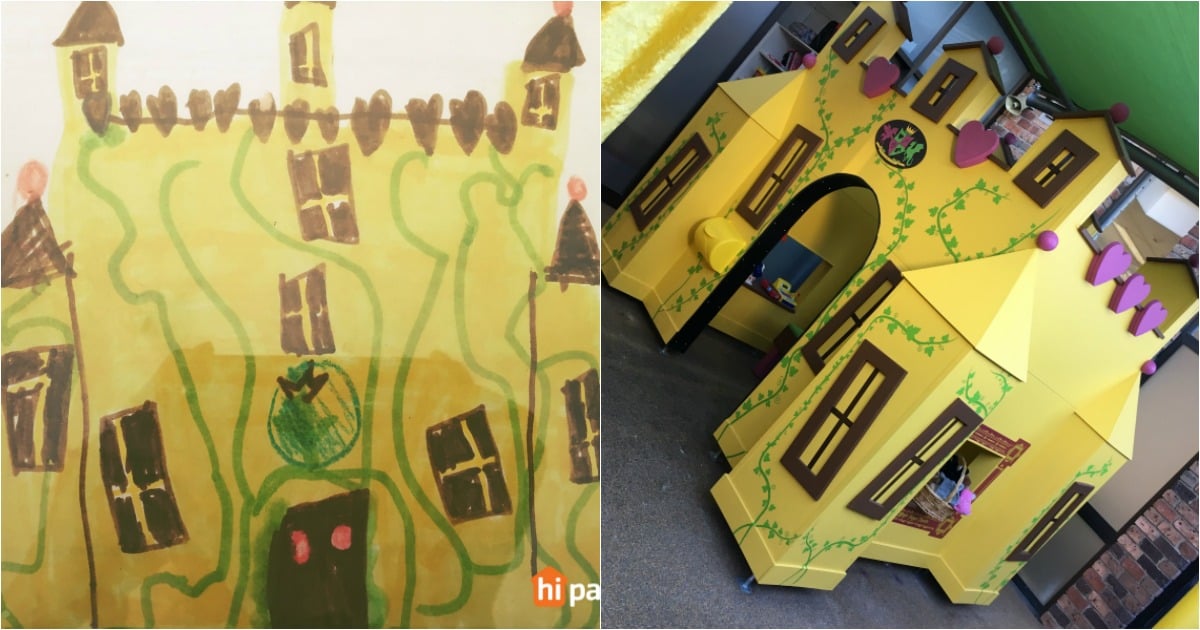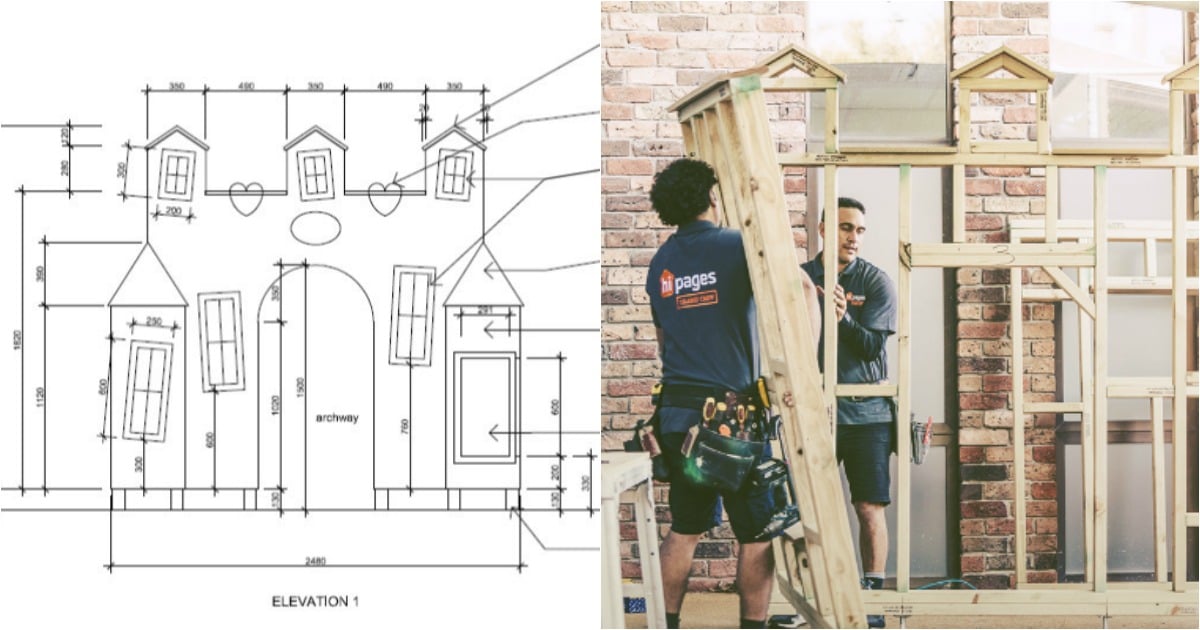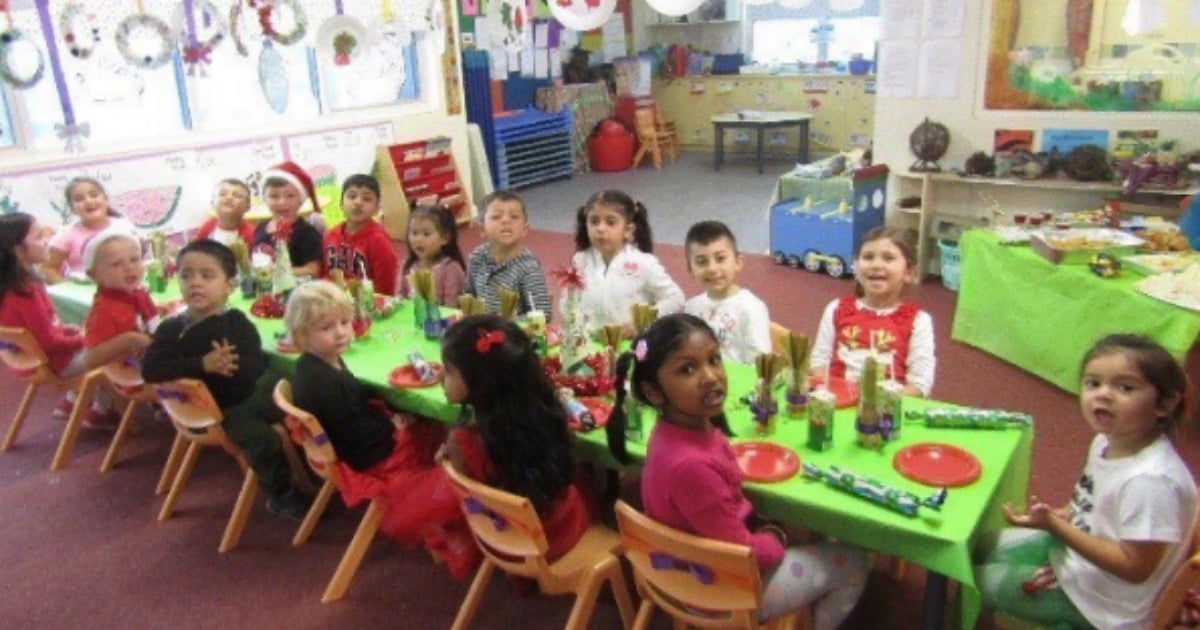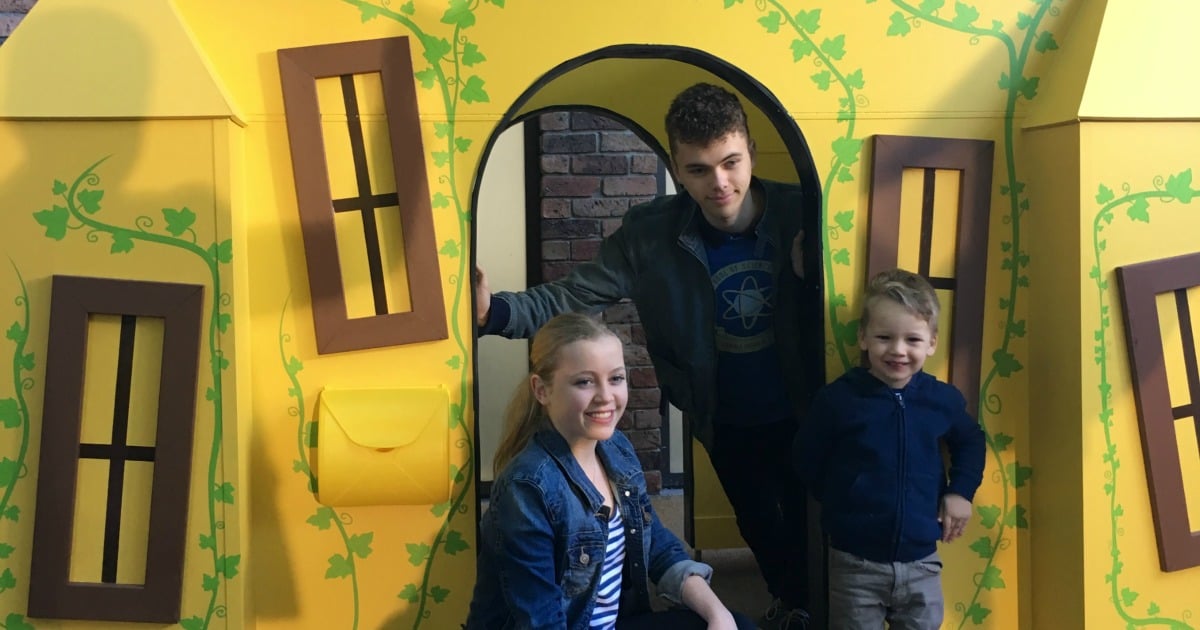When online tradie company Hipages ran a competition in December, 2016 inviting kids all over Australia to submit a drawing of their dream cubby house, seven-year-old Tayla answered their call.
With it’s grand love heart-shaped stoops and air of mystery, her ‘Royal Palace of Mischief and Magic’ was the perfect design to bring to life for the children with hearing loss and their families who rely on The Shepherd Centre in Newtown, NSW for help.

Transforming Tayla's vision from a child's colourful drawing into a real blueprint, local tradies volunteered their time and skills to turn Tayla's vision into a reality, working closely with The Shepherd Centre's therapists to ensure the cubby can be enjoyed safely by the children the early intervention centre helps everyday.




Top Comments
Person first language please. 'Children with hearing impairment...' So, the heading should be 'Tradies build dream cubby for children with hearing impairment'. Saying 'Deaf kids' is old school and cringe inducing. The individual is a child first and foremost. And yes, a child with a disability.